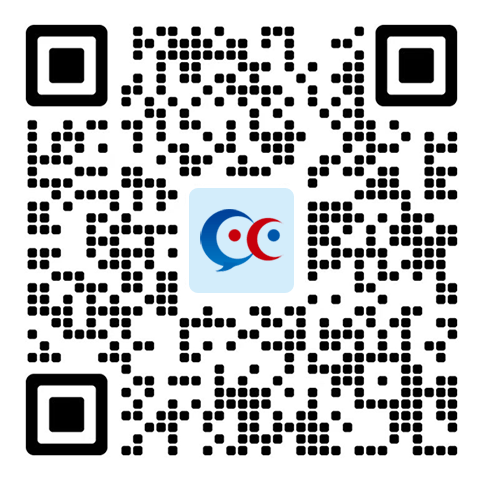_cast字符串就可以了。甚至可以根据错误的类型,有针对性地专门查找某一种强制类型转换。例如,怀疑一个错误可能是由于使用了 reinterpret_cast 导致的,就可以只查找reinterpret_cast字符串。强制类型转换运算符 <要转换到的类型> (待转换的表达式)
例如:double d = static_cast <double> (3*5); //将 3*5 的值转换成实数
下面分别介绍四种强制类型转换运算符。
#include <iostream>
using namespace std;
class A
{
public:
operator int() { return 1; }
operator char*() { return NULL; }
};
int main()
{
A a;
int n;
char* p = "New Dragon Inn";
n = static_cast <int> (3.14); // n 的值变为 3
n = static_cast <int> (a); //调用 a.operator int,n 的值变为 1
p = static_cast <char*> (a); //调用 a.operator char*,p 的值变为 NULL
n = static_cast <int> (p); //编译错误,static_cast不能将指针转换成整型
p = static_cast <char*> (n); //编译错误,static_cast 不能将整型转换成指针
return 0;
}
#include <iostream>
using namespace std;
class A
{
public:
int i;
int j;
A(int n):i(n),j(n) { }
};
int main()
{
A a(100);
int &r = reinterpret_cast<int&>(a); //强行让 r 引用 a
r = 200; //把 a.i 变成了 200
cout << a.i << "," << a.j << endl; // 输出 200,100
int n = 300;
A *pa = reinterpret_cast<A*> ( & n); //强行让 pa 指向 n
pa->i = 400; // n 变成 400
pa->j = 500; //此条语句不安全,很可能导致程序崩溃
cout << n << endl; // 输出 400
long long la = 0x12345678abcdLL;
pa = reinterpret_cast<A*>(la); //la太长,只取低32位0x5678abcd拷贝给pa
unsigned int u = reinterpret_cast<unsigned int>(pa);//pa逐个比特拷贝到u
cout << hex << u << endl; //输出 5678abcd
typedef void (* PF1) (int);
typedef int (* PF2) (int,char *);
PF1 pf1; PF2 pf2;
pf2 = reinterpret_cast<PF2>(pf1); //两个不同类型的函数指针之间可以互相转换
}
程序的输出结果是:const string s = "Inception"; string& p = const_cast <string&> (s); string* ps = const_cast <string*> (&s); // &s 的类型是 const string*
#include <iostream>
#include <string>
using namespace std;
class Base
{ //有虚函数,因此是多态基类
public:
virtual ~Base() {}
};
class Derived : public Base { };
int main()
{
Base b;
Derived d;
Derived* pd;
pd = reinterpret_cast <Derived*> (&b);
if (pd == NULL)
//此处pd不会为 NULL。reinterpret_cast不检查安全性,总是进行转换
cout << "unsafe reinterpret_cast" << endl; //不会执行
pd = dynamic_cast <Derived*> (&b);
if (pd == NULL) //结果会是NULL,因为 &b 不指向派生类对象,此转换不安全
cout << "unsafe dynamic_cast1" << endl; //会执行
pd = dynamic_cast <Derived*> (&d); //安全的转换
if (pd == NULL) //此处 pd 不会为 NULL
cout << "unsafe dynamic_cast2" << endl; //不会执行
return 0;
}
程序的输出结果是:Derived & r = dynamic_cast <Derived &> (b);
那该如何判断该转换是否安全呢?不存在空引用,因此不能通过返回值来判断转换是否安全。C++ 的解决办法是:dynamic_cast 在进行引用的强制转换时,如果发现转换不安全,就会拋出一个异常,通过处理异常,就能发现不安全的转换。 版权说明:
版权说明:Copyright © 广州松河信息科技有限公司 2005-2026 版权所有 粤ICP备16019765号
广州松河信息科技有限公司 版权所有